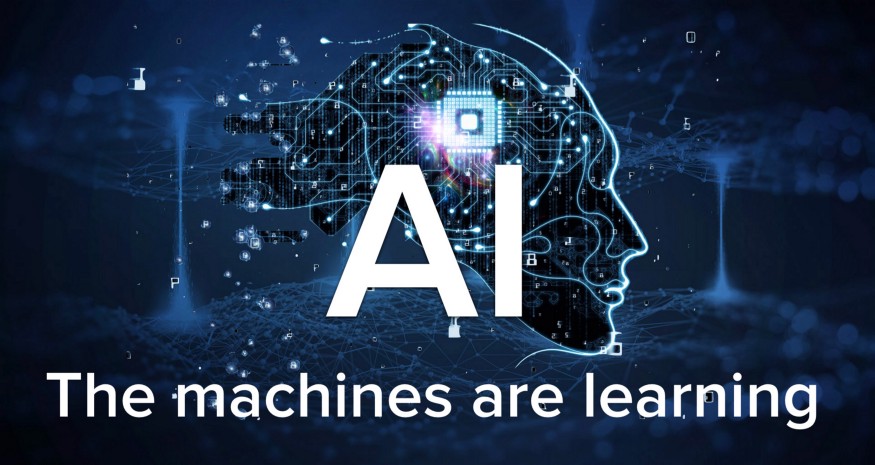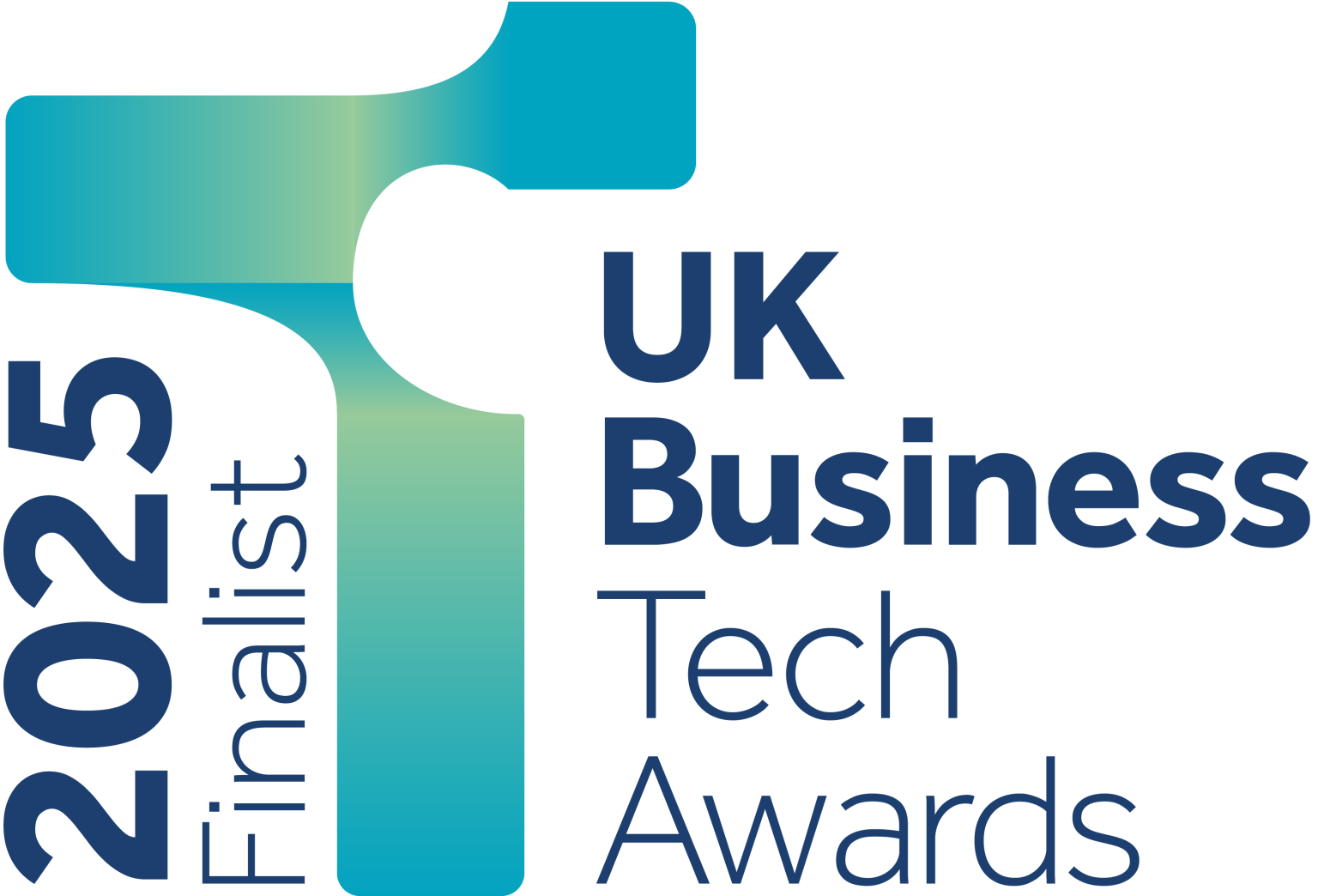English schools turn to AI to help students catch up after Covid

Platforms that assess pupils and guide teachers on how to improve lesson plans are becoming mainstream, according to Madhumita Murgia in London AUGUST 14 2021 SOURCE: Financial Times (FT)
Keywords – Artificial Intelligence; Machine Learning; Schools; Covid; Students
An unusual teaching assistant is waiting for the students of St John’s primary school, in Wigan, north-west England, when they return from their summer holidays.
To get them back up to speed, after a year of disruptions from Covid-19, is a computer program made by Century, a London-based online learning company, which claims its artificial intelligence-powered system can help teachers to tailor lessons for each individual pupil.
The app, which St John’s students also used during lockdown, assesses the strengths and weaknesses of each child based on how quickly and accurately they respond to questions in either English, maths or science. Century’s algorithm then feeds this information back to the teacher, offering plans for future lessons.
Century, which was founded in 2013, says long spells of home-learning because of the pandemic helped spread its adoption and that it is now being used by 800,000 students in the UK, across schools ranging from state primaries such as St John’s to elite independent schools including Eton College and Cottesmore School.
“We are no longer in a pilot phase, that’s for sure. Covid has accelerated adoption by years,” said Priya Lakhani, Century’s chief executive. “The pandemic has disrupted the way we think about AI adoption when it comes to education; schools are turning this into the norm.”
The app has also been embraced by parents who were searching for ways to help their kids stay on top of the curriculum over the past year.
“I found the AI-driven aspect of it really engaging, my daughter could see her learning pathway and the progress she was making,” said Eugene Dapper, who signed up his nine-year-old daughter to Century’s app last year. “It really motivated her, because it enabled her to understand her gaps and successes at the same time.”
The rise of AI in education comes as pupils and teachers are still grappling with the long-term effects of the pandemic on learning. Research published in June from the Education Endowment Foundation showed that Year One pupils in the UK made on average three months’ less progress for both reading and maths compared with the cohort of 2019.
Laura Butcher, headteacher of St John’s, adopted Century as an experiment four years ago. When the pandemic hit last spring, it became a primary home-learning tool not just for her students, but for all 900 pupils across the Quest Trust, which owns four state primary schools in Wigan.
“The staff and students said it’s really effective, it’s giving us real-time intelligence in a much faster way. The children were saying, ‘I can choose’, they can self-direct their learning,” she said. “Whereas previously teachers would stand in front of the class, deliver something and then go round to every student, [Century] gives the teacher adaptability and flexibility to deliver in a different way.”
Century’s annual subscription fee can range from £2,500 to £12,000 per school, depending on the number of pupils using the platform. Even after making the platform free during the pandemic, Century’s revenues and subscribed school numbers have doubled since March 2020, alongside a 400 per cent overall jump in the number of users of its system.
Other adaptive learning platforms on the market include Carnegie Learning, an AI mathematics tutor designed by researchers at Carnegie Mellon University, and Area9 Lyceum, a Danish technology company that works with schools to build tailored learning systems.
At Eton, Century’s AI is being tested in English language lessons, where it gives teachers detailed feedback on students’ progress. “A major challenge for any teacher is to figure out where a group of pupils are with their learning,” said Jonnie Noakes, head of teaching and learning at Eton.
“AI does all of that with lightning speed, so after two weeks, you’ve got data on what takes at least two months to collect and learn about students’ study habits,” he added.
Eton also plans to test an AI marking system from a start-up called Progressay in English next year, for more subjective work such as essays. “It will impact on how we prepare materials, organise learning spaces, how we give feedback, how we write reports. I suspect in time all of these areas will be affected by AI,” said Noakes.
But as schools search for ways to help their pupils catch up after the pandemic, some in the education sector are sceptical about relying on “magic bullets” such as AI.
“It’s not obvious why we need a glossy new solution — it seems like a bit of a distraction,” said Baz Ramaiah, a policy associate at the Centre for Education and Youth, a think-tank. “We kind of do know what works, and it’s often relatively orthodox solutions: properly trained, properly compensated teachers that are able to do their job well.”
This year an OECD study found using learning apps appeared in almost all cases to have a significant negative impact on young people’s reading ability.
“A lot of learning technology makes learning not richer but more scripted,” said Andreas Schleicher, the OECD’s education director. “You have to follow an algorithm — it is a disempowering tool.”
Professor Rose Luckin, an education technology expert at University College London, added that teachers should routinely question the technology that underpinned the AI’s learning recommendations.
“There are hundreds of examples where AI systems have been inaccurate and it takes a human to challenge that, so justification is hugely important,” she said. “Why should a child follow this course of action? It’s hard to get that explanation out of a black-box system like machine learning.”
In the long run, one of the biggest benefits of AI in education could be in social mobility, helping to correct a shortfall in teaching capacity in lower-performing schools.
Haldis Holst, deputy general secretary of Education International, a global teachers’ union, said that digital access for all homes and schools would be critical to achieving a mass rollout.
She added that the possibility of companies retaining children’s data presented a “dangerous” risk, and stressed that teachers should have a hand in the development of tools and the choice of when and how to use them.
“It needs to be under professional control and under government control,” she said. “We would call for governments that need to develop these core tools — it’s about who’s in control.”






